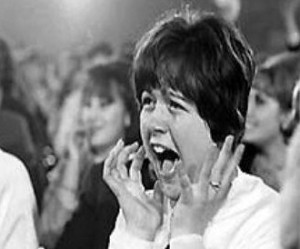Have you spent time browsing around ASCAP’s website? Some interesting things buried there.
For instance, here’s Murphy’s Laws of Songwriting, including this bit about aiming your songs especially to an audience of women. The idea is that men sing songs for women, and women sing songs for women. It’s much more rare in popular music that songs are sung especially for men. So why not do what’s popular?
One can argue this point, of course (“Hey Jude”?), but for the sake of the argument, I’ll take this at face value, because it really got my curiosity going.
Classical music and popular music are not the same thing, of course, and most popular music is lyric driven and much classical music is not. But I had to wonder: is the classical music that is most remembered written for women? Is opera and art song more “feminine” than symphonies and string quartets?
Gendered perspectives of classical music has been a hot topic in the last 3–4 decades. I am reminded of Fred Maus’s excellent article, “Masculine Discourse in Music Theory,” which argues (amongst other points) that one reason music became so theory-based in the twentieth century was to be more scientific and less “feminine.” Male composers wanted to appear masculine for their colleagues. (See Perspectives of New Music,¬†Vol. 31, No. 2 (Summer, 1993), pp. 264–293)
I wonder if there is anything to all this. I also wonder what is would sound like if I wrote for just a female audience only… or just a male audience! A little thought exercise that might lead to something.

Leave a Reply